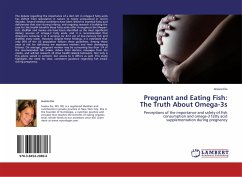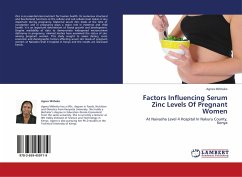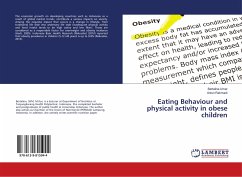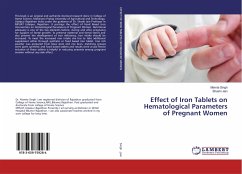The debate regarding the importance of a diet rich in omega-3 fatty acids has shifted from speculative in nature to nearly unequivocal in recent decades. Several medical conditions have been linked to essential fatty acid deficiencies that start during infancy, and ongoing research is building the case for the health benefits these fatty acids offer throughout the lifespan. Fish, shellfish and marine oils have been identified as the most significant dietary sources of omega-3 fatty acids, and it is recommended that Americans consume 2 to 3 servings (or 8-12 oz) of low-mercury fish and shellfish every week. However, despite these findings, it is estimated that only 36% of the US population follows these guidelines. Among those most at risk for deficiency are expectant mothers and their developing fetuses. On average, pregnant women may be consuming less than 1/4 of the recommended fish intake. Advice from doctors, messages from the media, and self-led research all drive health-related behaviors. Not only is this advice varied in content, but access to it differs as well. This study highlights the need for clear, consistent guidance regarding fish intake during pregnancy.
Bitte wählen Sie Ihr Anliegen aus.
Rechnungen
Retourenschein anfordern
Bestellstatus
Storno








